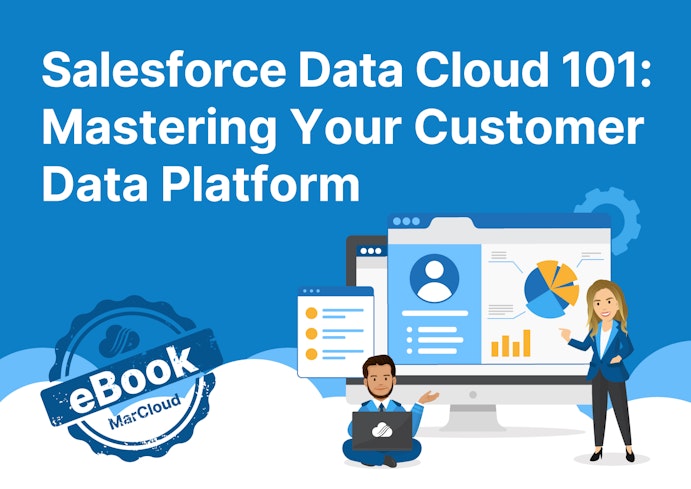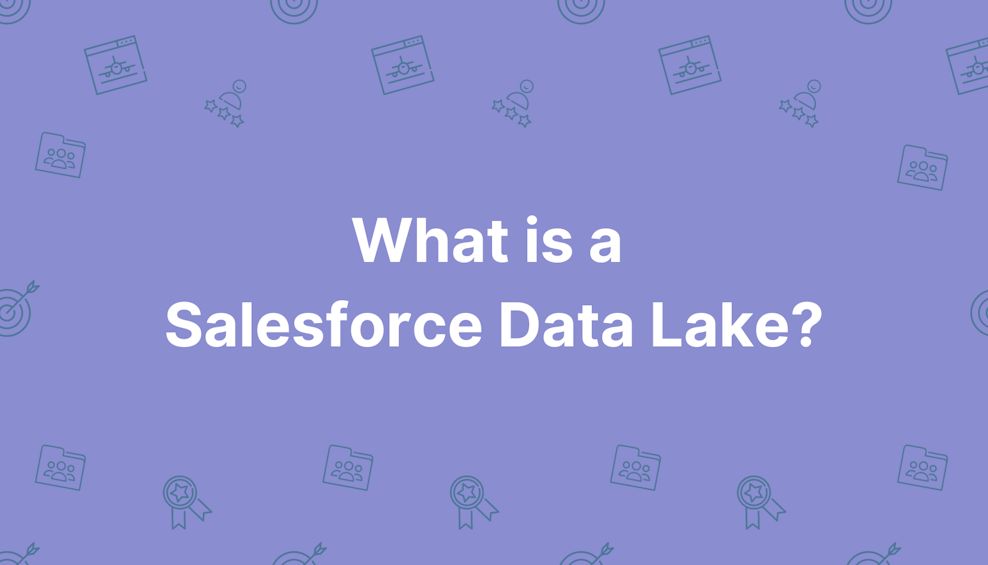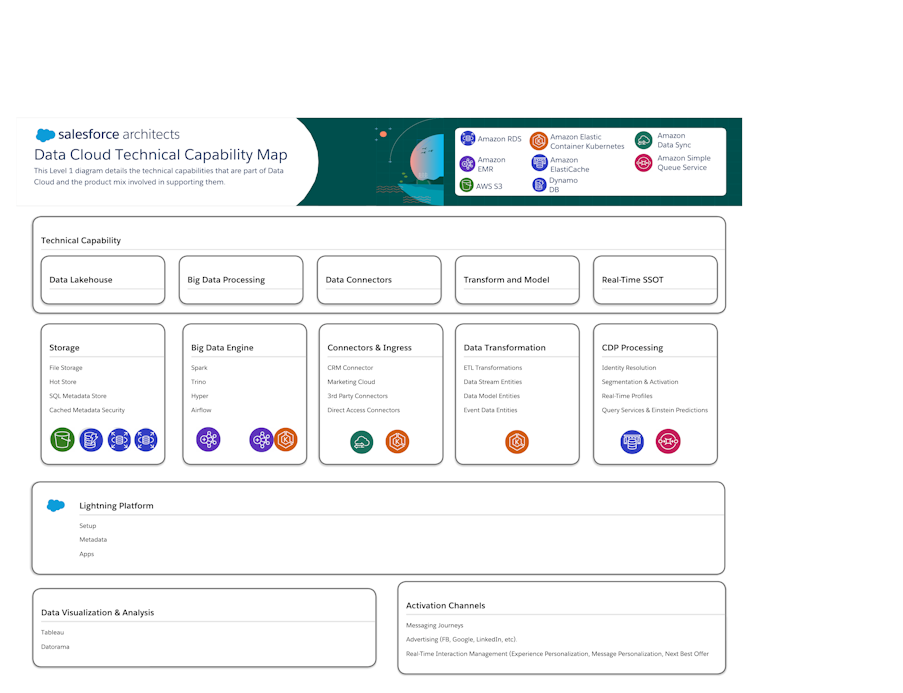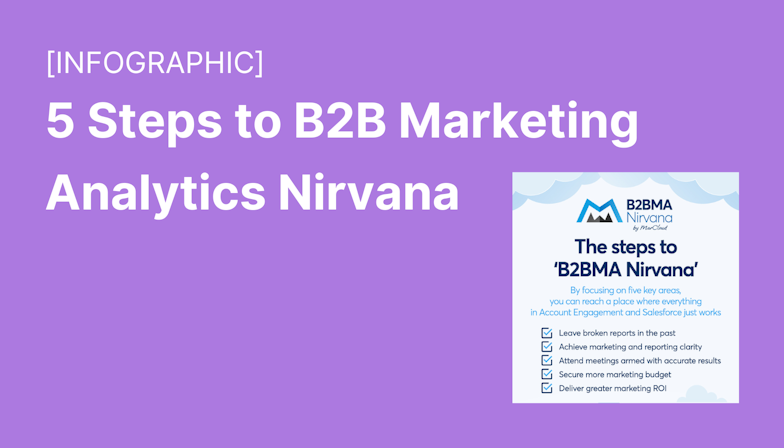Firstly, all of the above are ways to describe the storage and management of data.
One of the biggest challenges facing businesses right now is the insurmountable volume of data that can be collected about an audience and the fact that this data is usually siloed across dozens, if not hundreds of platforms.
From social media, to webinar and event registration platforms, to website analytics, dedicated customer survey tools, shipping and delivery information, payment processing, and plenty more, the crucial data you need to analyse and act on is spread across a variety of mostly disconnected software and applications.
Learn more about Salesforce Data Cloud with our 101 guide.
And it’s not just data as a result of customer interactions that matters either. Add your business performance metrics and third-party intelligence sources, and it’s easy to see why companies struggle with using data quickly, consistently, and meaningfully.
As we bolt headfirst into an era where AI is at the forefront of business and marketing strategy and decisions, how data is managed becomes even more important. AI depends on complete and reliable data. The efficiency of AI (and more traditional systems) also depends on how you structure your data relationships - this is where data lakes, data warehouses and data lakehouses make a big difference!








![Coloured background with text New Guide to Salesforce Marketing GPT [eBook]](https://www.datocms-assets.com/103555/1721624386-guide-salesforce-marketing-gpt-ebook-blog.png?auto=format&dpr=0.5&w=1568)
